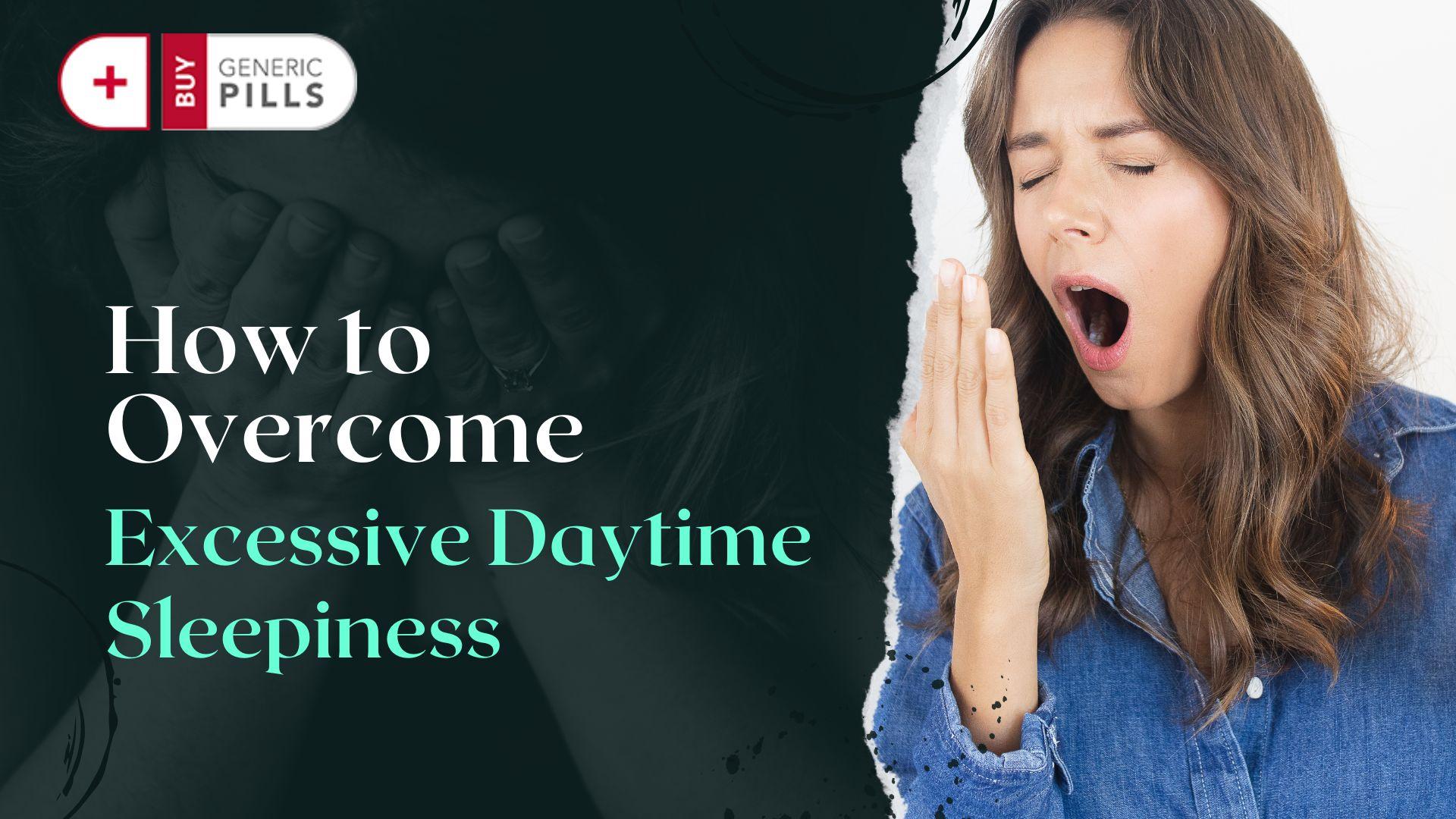In today’s demanding world, fatigue and low energy have become common, but when tiredness persists even after a good night’s sleep, it could signal a deeper issue. Excessive Daytime Sleepiness (EDS) is one such problem that affects thousands of people across Australia, from Sydney and Melbourne to Brisbane and Perth. What many don’t realize is that excessive sleepiness during the day can be closely linked to mental health conditions like depression. The connection between the two can make daily life challenging, impacting both emotional well-being and productivity.
Understanding the Link Between Depression and Excessive Daytime Sleepiness
Depression and excessive daytime sleepiness often go hand in hand. When someone is depressed, their brain activity slows down, sleep cycles become disrupted, and the body’s natural energy rhythm gets affected. People with depression might find themselves sleeping for long hours yet still waking up tired or struggling to stay awake during the day.
This happens because depression can alter neurotransmitters—the brain chemicals responsible for mood, energy, and alertness. Low levels of serotonin, dopamine, and norepinephrine can cause both mood swings and reduced alertness, making the person feel excessively drowsy or fatigued even after sufficient rest.
In Australia, increasing cases of depression-related sleepiness are being reported among working professionals, students, and even retirees who experience poor sleep quality and ongoing tiredness. Understanding this link is the first step toward effective treatment for depression-related sleepiness.
Signs and Symptoms You Shouldn’t Ignore
It can be easy to dismiss fatigue as “just tiredness,” but persistent sleepiness may indicate a deeper issue. Some common symptoms include:
-
Constant urge to nap during the day, even after full-night sleep
-
Trouble waking up in the morning
-
Difficulty focusing, especially during work or study
-
Mood swings, irritability, or emotional numbness
-
Decreased motivation and loss of interest in daily activities
If these symptoms persist for weeks, it’s time to consider both mental health evaluation and medical assessment for excessive daytime sleepiness.
Why Depression Causes Excessive Sleepiness
-
Sleep Cycle Disruption
Depression often leads to insomnia or hypersomnia (sleeping too much). In both cases, the body’s sleep quality suffers, causing drowsiness during the day. -
Low Energy Metabolism
People with depression may have reduced metabolic activity, making them feel drained even without physical exertion. -
Medication Side Effects
Certain antidepressants can cause excessive drowsiness, which worsens daytime fatigue. -
Reduced Motivation and Brain Activity
Depression impacts the prefrontal cortex, reducing motivation and alertness, which leads to prolonged periods of inactivity and tiredness.
The Role of Mental Health in Sleep Regulation
Healthy sleep and mental health are deeply connected. When the mind is anxious, sad, or stressed, the brain produces stress hormones that interfere with deep sleep. Over time, this leads to fragmented sleep and persistent tiredness.
Therapies such as Cognitive Behavioral Therapy (CBT), meditation, and regular counseling sessions can help stabilize mood and improve sleep quality. However, when excessive sleepiness remains even after therapy, a medical approach may be necessary.
Medical Treatment for Depression-Related Sleepiness
While addressing the psychological root is vital, some people need medications to regulate their wake-sleep cycle. Wakefulness-promoting agents (eugeroics) like Artvigil have proven effective for people dealing with excessive daytime sleepiness caused by depression or related conditions.
Artvigil, which contains Armodafinil, helps increase alertness, focus, and mental clarity by stimulating brain regions responsible for wakefulness. It is often recommended for people struggling with excessive tiredness during the day due to sleep disorders or mental health conditions like depression.
In Australia, Artvigil medicine is gaining attention among professionals and students in cities such as Sydney, Melbourne, and Perth who face ongoing fatigue that impacts their performance. However, this medication should be taken only under the supervision of a healthcare provider to ensure safe and effective use.
Lifestyle Tips to Manage Depression and Daytime Sleepiness
Medication can help, but lifestyle changes play an equally important role in restoring energy and improving mood. Here are some helpful strategies:
-
Set a Consistent Sleep Schedule
Go to bed and wake up at the same time daily, even on weekends. Regular sleep patterns strengthen the body’s internal clock. -
Engage in Physical Activity
Exercise boosts serotonin and dopamine levels, naturally enhancing both mood and alertness. -
Limit Caffeine and Alcohol
While caffeine provides temporary energy, excessive consumption disrupts nighttime sleep. Alcohol, on the other hand, worsens sleep quality. -
Spend Time Outdoors
Exposure to natural sunlight helps regulate melatonin production, improving daytime alertness and nighttime rest. -
Practice Mindfulness or Meditation
Mindfulness helps calm the mind and reduce overthinking, improving sleep quality and emotional stability. -
Seek Professional Support
Consulting a mental health professional can help identify depression triggers and build effective coping strategies.
Combining Therapy and Medication for Better Results
A comprehensive approach often yields the best results. Combining therapy, lifestyle changes, and appropriate medication can significantly reduce excessive daytime sleepiness linked to depression. For example, while CBT helps address negative thinking patterns, Artvigil tablets or other wakefulness-promoting agents can provide the energy boost needed to stay productive throughout the day.
Healthcare professionals in Australia typically design personalized treatment plans that address both mental health and sleep regulation, ensuring long-term improvement in quality of life.
When to See a Doctor
If you’re constantly feeling tired, oversleeping, or finding it difficult to stay awake despite adequate rest, consult a doctor. They may recommend:
-
A sleep study to detect disorders like sleep apnea or narcolepsy
-
Blood tests to check thyroid or vitamin levels
-
Mental health evaluation for depression or anxiety
-
Medication review to identify side effects causing drowsiness
Early diagnosis ensures timely treatment for depression-related sleepiness and prevents it from affecting work, relationships, or overall health.
Final Thoughts
Excessive Daytime Sleepiness can be a silent symptom of depression that often goes unnoticed. Instead of ignoring it as mere fatigue, understanding the emotional and physiological connection can help in early management. In cities like Sydney, Melbourne, Brisbane, and Perth, where busy lifestyles dominate, balancing mental health and sleep is crucial for sustained energy and focus.
With proper guidance, therapy, and safe use of wakefulness-promoting medicines like Artvigil, individuals can overcome both depression-related sleepiness and low energy. Managing mental health doesn’t just restore alertness—it improves overall quality of life, helping you stay awake, focused, and in control of your day.



